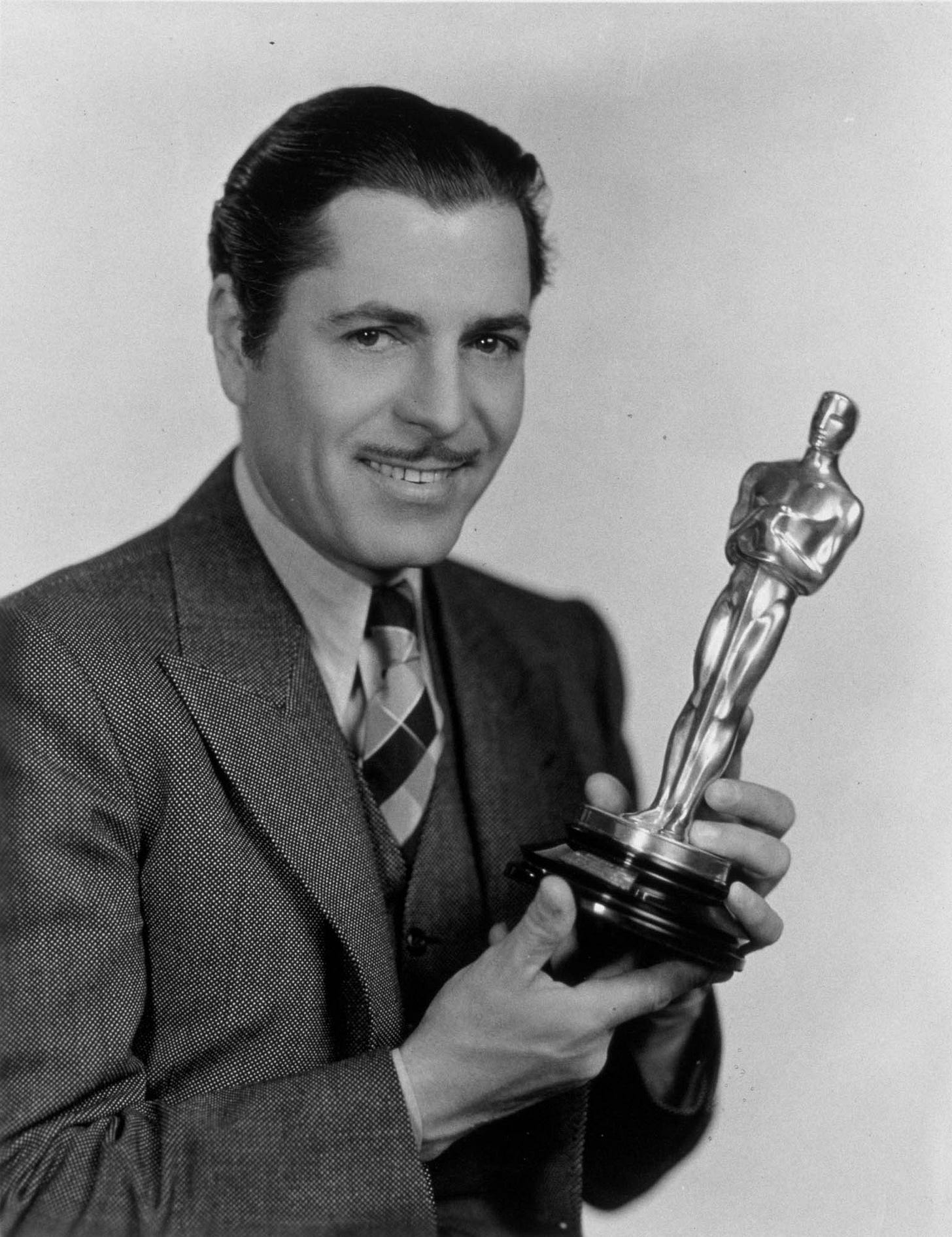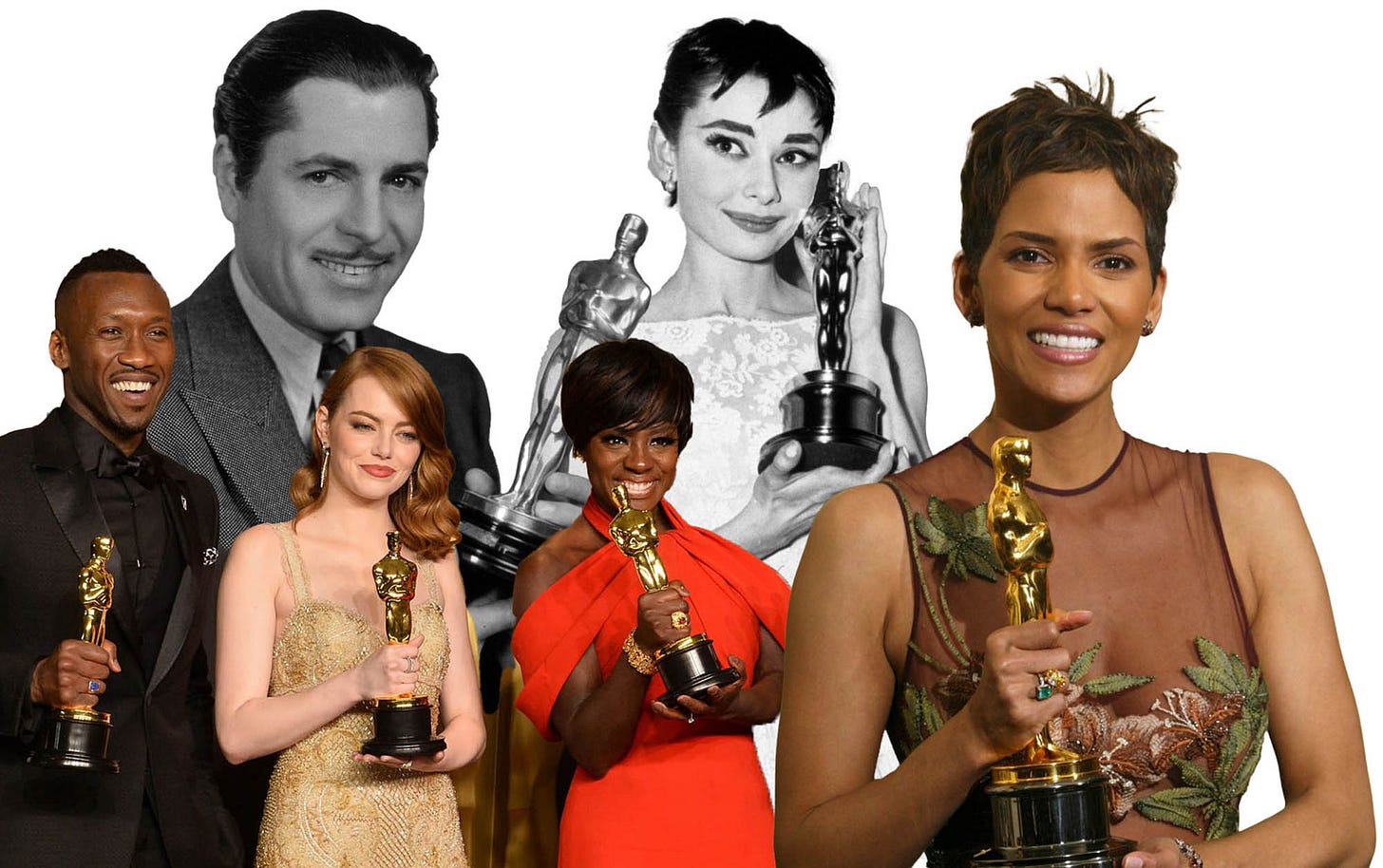How the Oscars came to be
A brief history of an industry event turned global spectacle
Dear Squawkers,
A couple of months ago,
posed a question for the mailbag that struck me as deserving of a deeper dive, so I told Lainey I was hogging it for a newsletter. Now that we are in Oscar Week 2024, it is time to dive into Ketri’s question:Sarah’s intro has me thinking about the public nature of the Oscars. In another universe, the Oscars could be an industry event, not televised, not as subject to public discourse and the annual backlash Sarah talked about. What made the Oscars become the public spectacle that it is? I assume it was tied to promoting films but I’d be interested to know more about this side of its history.
This is interesting because what Ketri is describing as an alternate universe version of the Oscars IS how they started. The first Academy Awards were held in May of 1929, two years after The Jazz Singer introduced sound to cinema and right on the cusp of the global stock market crash and the Great Depression. The first Oscars were 1) a union-busting strategy, and 2) an industry event. It was held at the Roosevelt Hotel, which still stands today. The first-ever Oscars included 15 awards and concluded in 15 minutes, the winners were announced publicly months in advance.

The union-busting was courtesy Louis B. Mayer, who wanted a Santa Monica beach house and wanted it FAST. Rather than hire architects, engineers, and builders, he went to his studio, MGM, and hired the head of design, Cedric Gibbons, to draw the plans, and a production manager, Joe Cohn, to create a schedule to complete the house in just six weeks. Mayer got his dream house, but Cohn cautioned him at the time that using studio labor to build his house would be especially costly as the studios had just signed a labor agreement with the union that would become IATSE, which is poised to have their own labor action this summer. Mayer ended up using limited studio laborers and outsourcing the rest to non-union workers. Some of this might be apocryphal, but it is long told Hollywood legend that Louis’s epic housebuilding race led to fears of expanded filmmaking unions.
Keep reading with a 7-day free trial
Subscribe to The Squawk to keep reading this post and get 7 days of free access to the full post archives.



